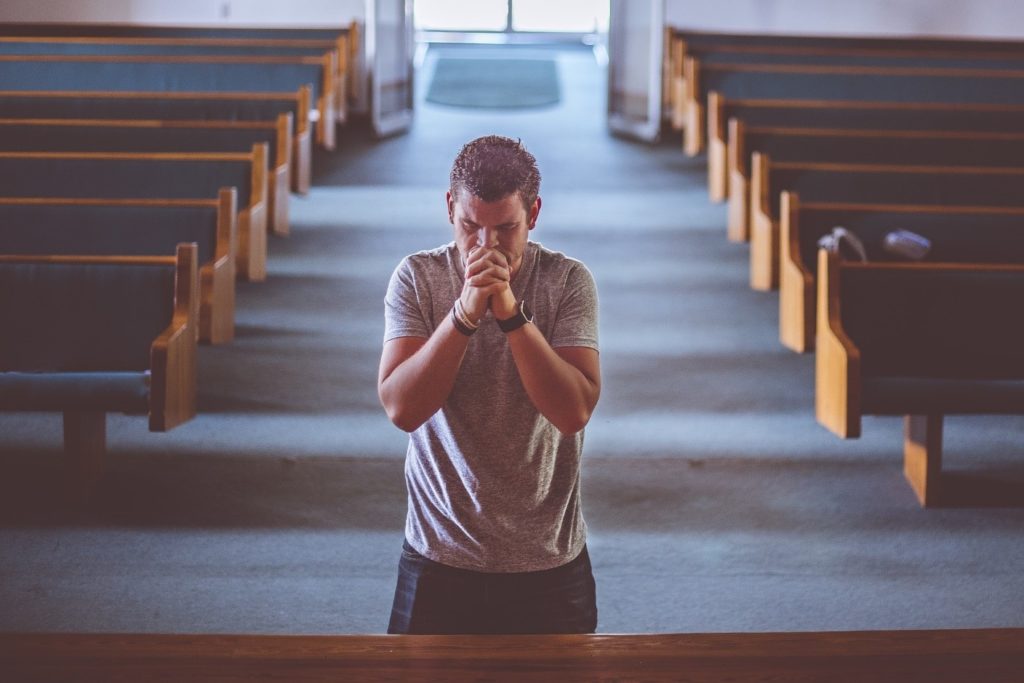Religious freedom, i.e., the separation of church and state appears to be gaining greater legal standing around the globe. Yet, according to the latest Open Doors World Watch List, persecution of Christians is on the rise.

Christians are not the only ones being persecuted. People of any faith who are in the minority are increasingly subject to ill treatment because they are considered a threat to the majority. This is particularly true in countries where there is an official state religion although freedom of religion is guaranteed by that government’s constitution.
How can that be possible?
Here are five statements regarding separation of church and state, all taken from a single, official document that is over 100 years old. How many do you agree with?
- The church is separated from the state.
- Every legal restriction connected with the profession of certain faiths or with the non-profession of any faith is also abolished.
- Religious performances may be carried on freely in so far as they do not disturb the public order or encroach upon the rights of citizens.
- Every citizen has a right to adopt any religion or not to adopt any at all.
- The passing of any local laws or regulations limiting or interfering with freedom of conscience or granting special rights or privileges to citizens because they belong to a certain faith is forbidden.
These statements are several of the foundational components of the Sovnarkom Decree on Separation of Church and State Decree of the Soviet People’s Commissars published in January 1918 following the success of the Bolshevik Revolution.
The decree was one of several that Vladimir Lenin used to establish the secular, anti-religious Union of Soviet Socialist Republics.
How can that be true?
The goal of most governments is peace. When they speak of peace, they are primarily concerned with promoting and preserving peace within their own borders. This is in contrast to the United Nations and so many Miss America candidates who have wished for “peace all over the world.”
With peace as the goal, governments try to find a way for everyone to get along. That requires a mutual point of commonality among the majority of people. Generally, commonality is found in a unique heritage, culture, or shared belief.
Regardless of what the grounds for commonality are, the relentless quest for peace is deeply rooted in them. What evolves is that, even though freedom of religion or separation of church and state are ‘guaranteed’ by a constitution, those who do not conform to the mutual commonality are often regarded with suspicion of being subversive.
There may be instances where that concern is valid. Nonetheless, it does not have to be valid to be imagined. Once imagined, some idealists act to persecute non-conformists. They are often successful because there is no practical way to enforce freedom of religion laws except after the fact.
The entire issue is, of course, more complex, particularly when the state overtly opposes specific faiths or forms of religion and acts against them, e.g., North Korea or China.
We do, however, need to be aware that freedom of religion does not necessarily always mean what if seems to mean at face value.
To read more news on Religious Freedom on Missions Box, go here.
Sources:
- Marxists.org, Sovnarkom Decree on Separation of Church and State
- Orthodox Christian Books, The Moscow Council of 1917-18
- The Christian Post, This week in Christian history
- Wikipedia, Soviet anti-religious legislation
- Open Doors, About Us




